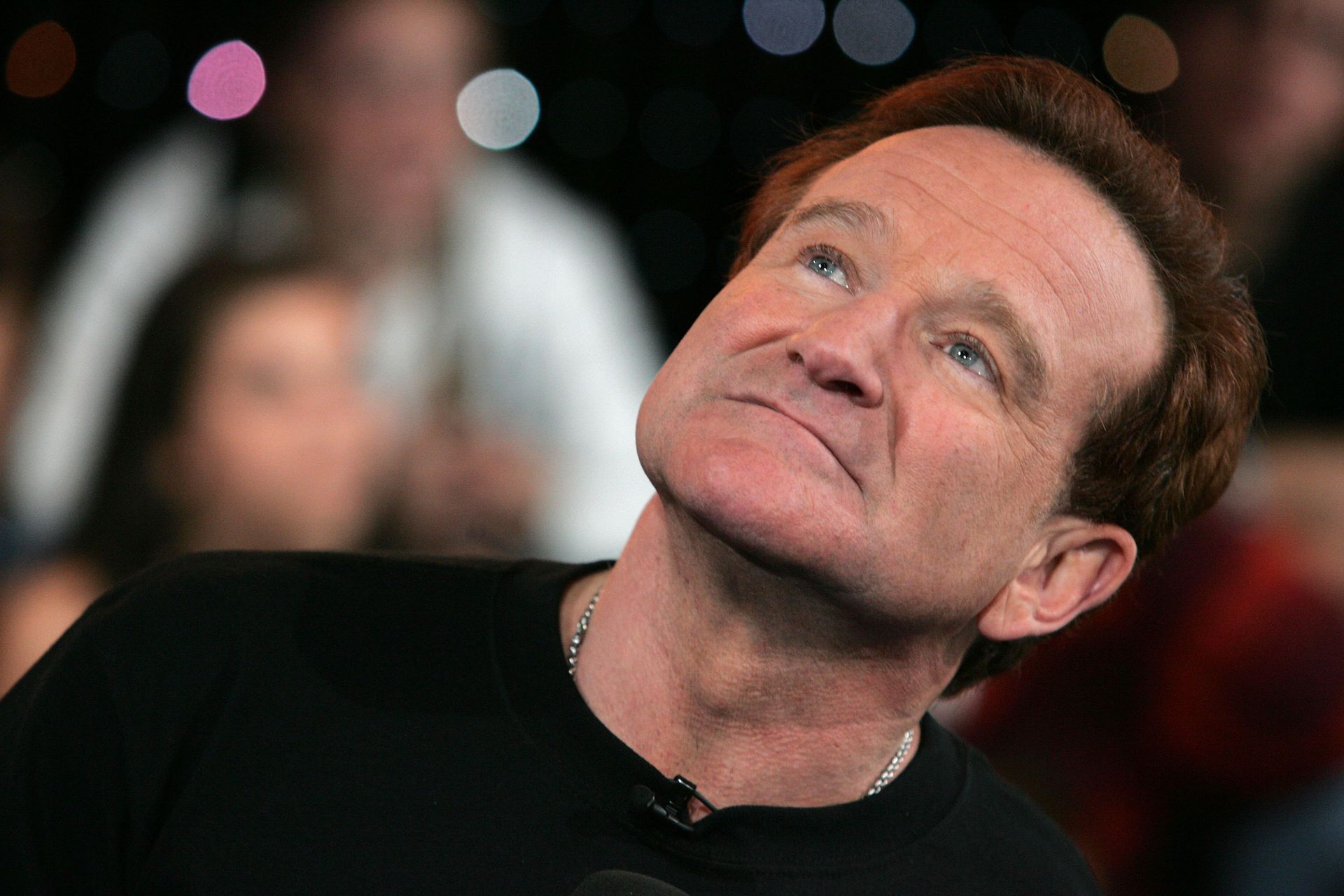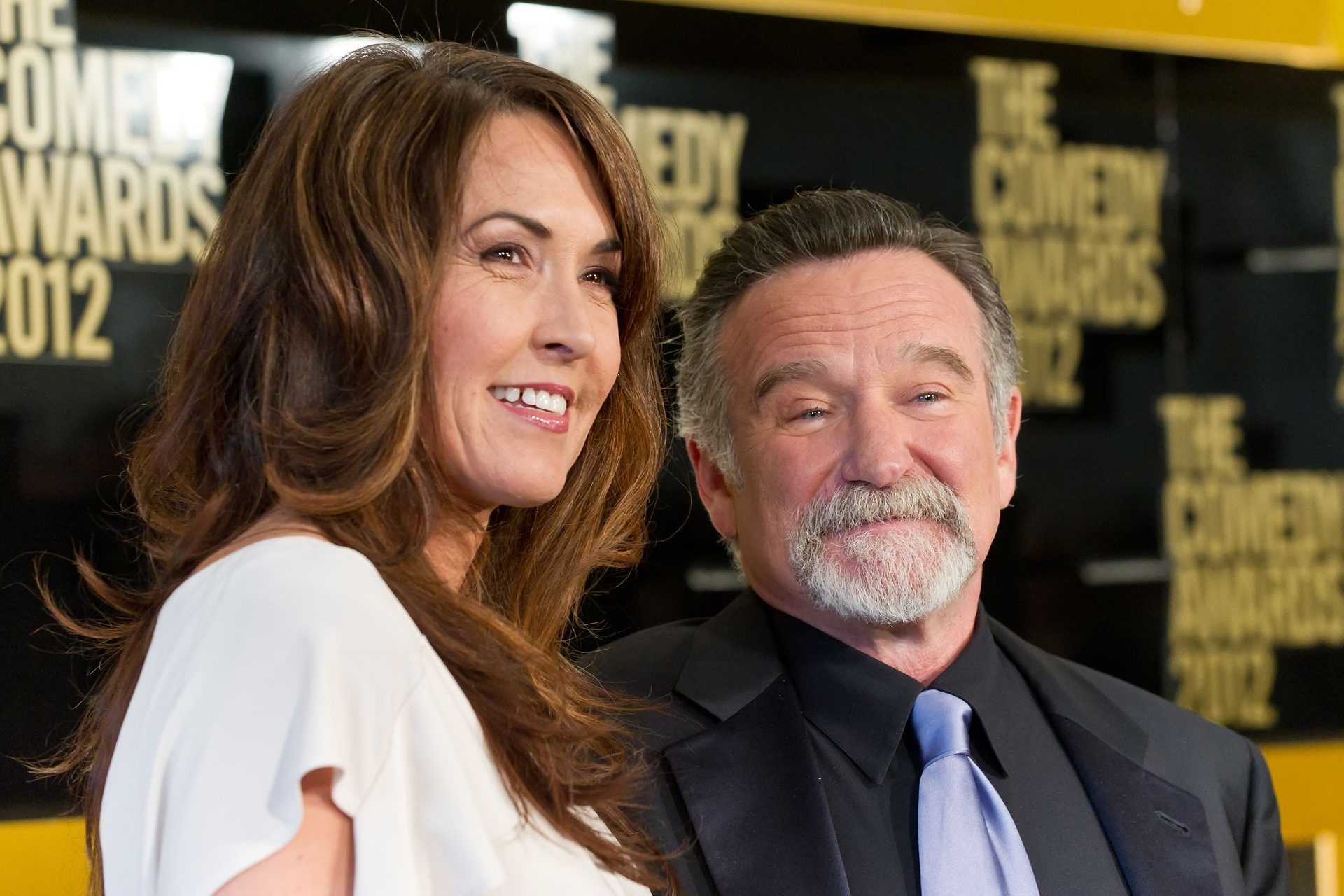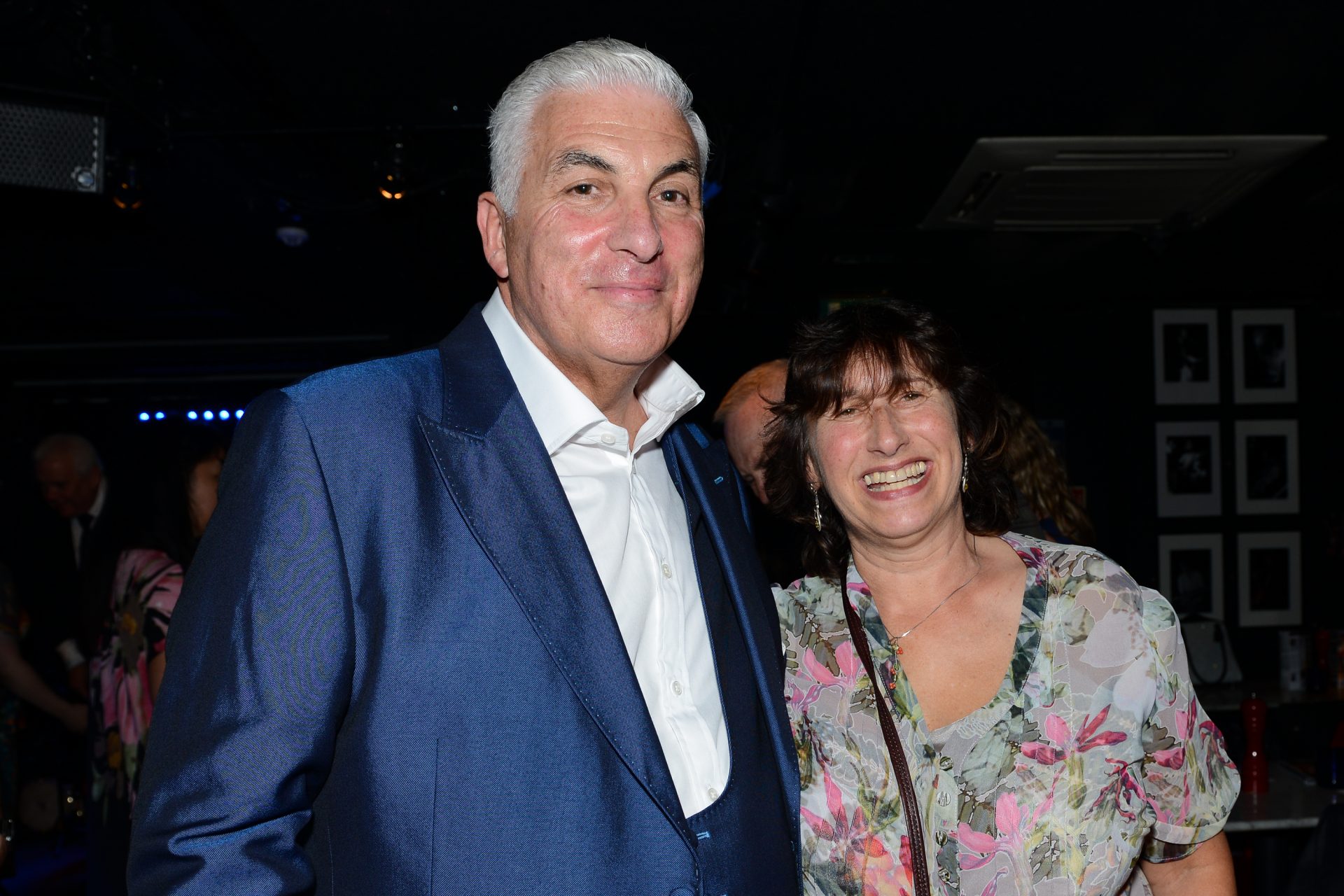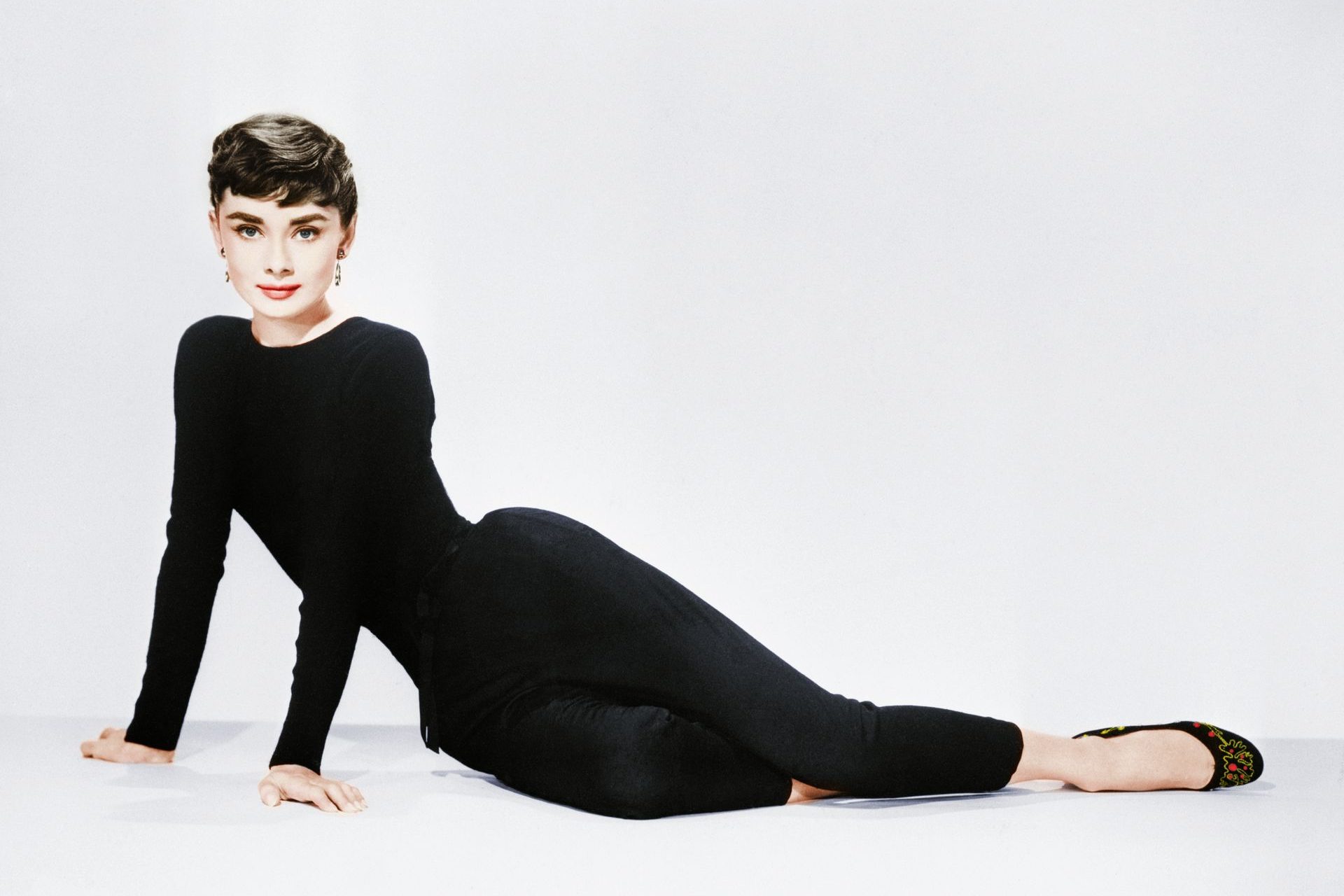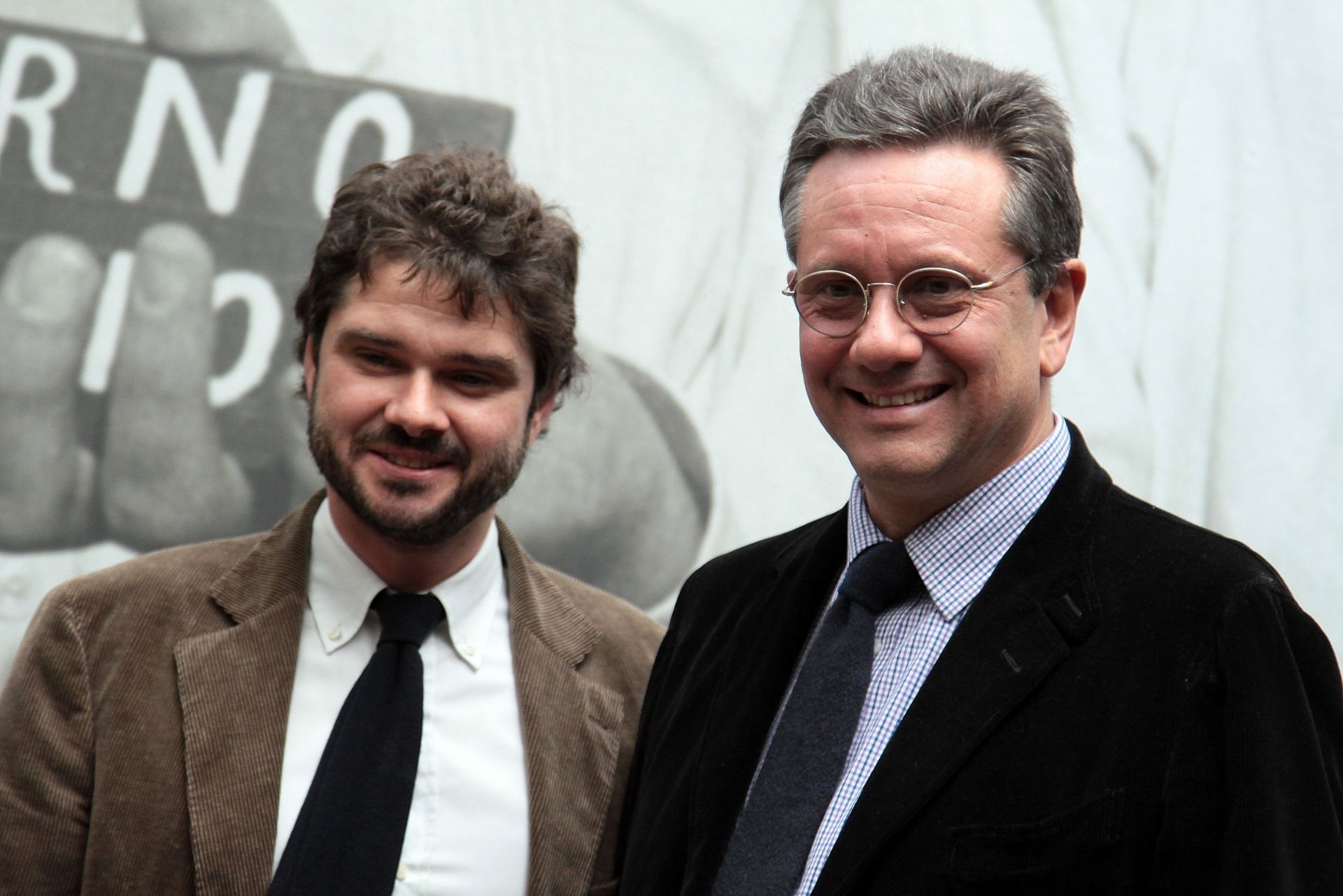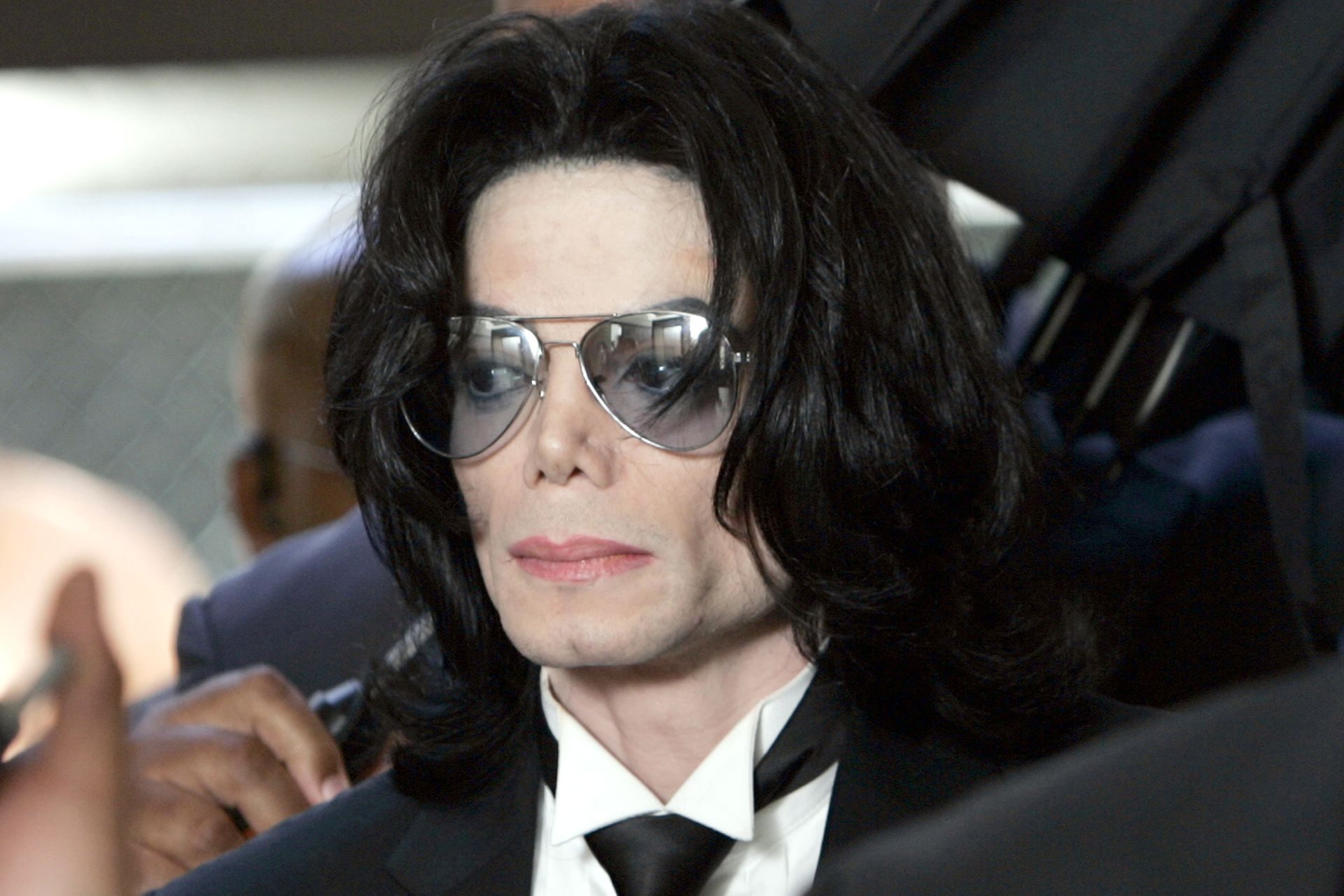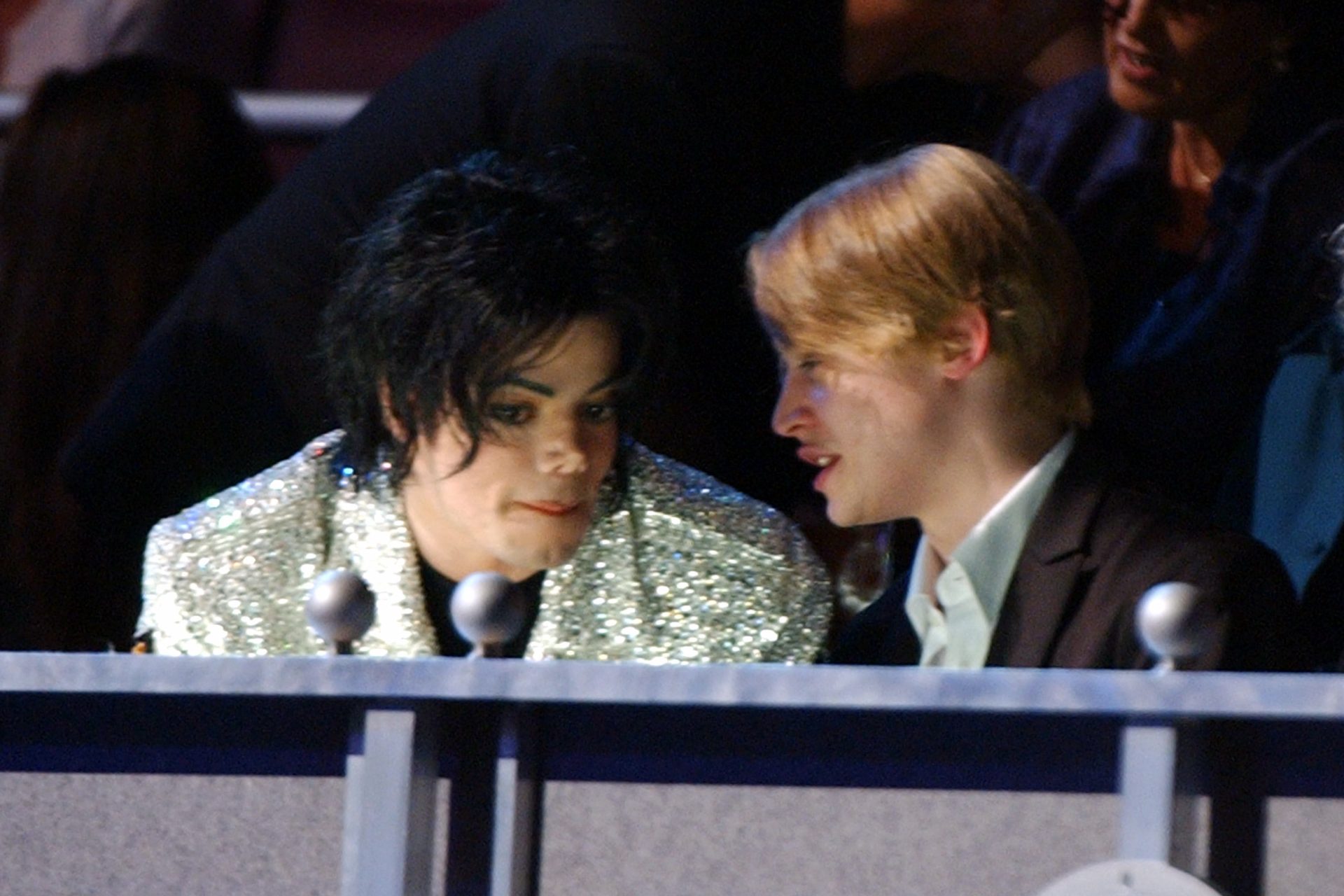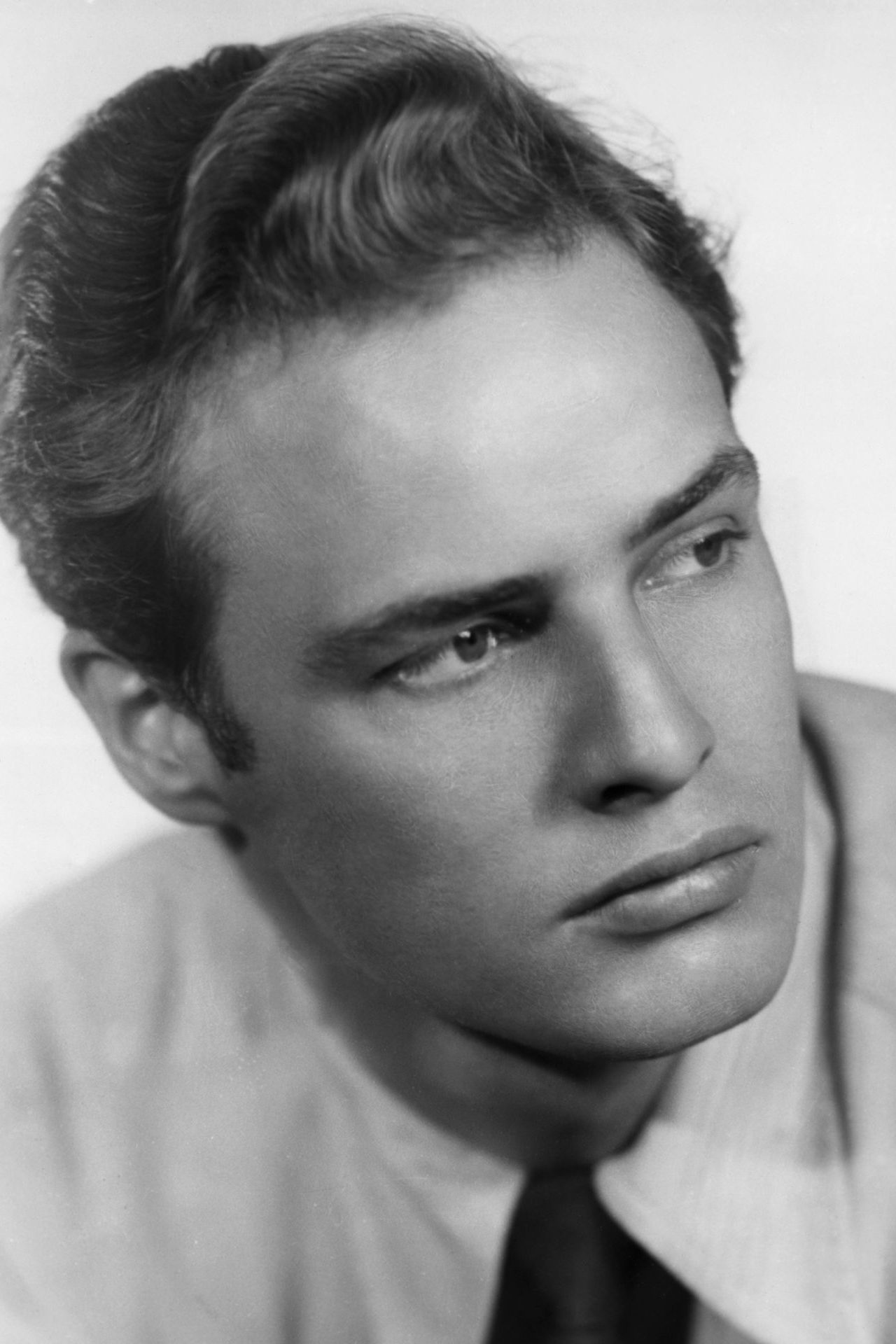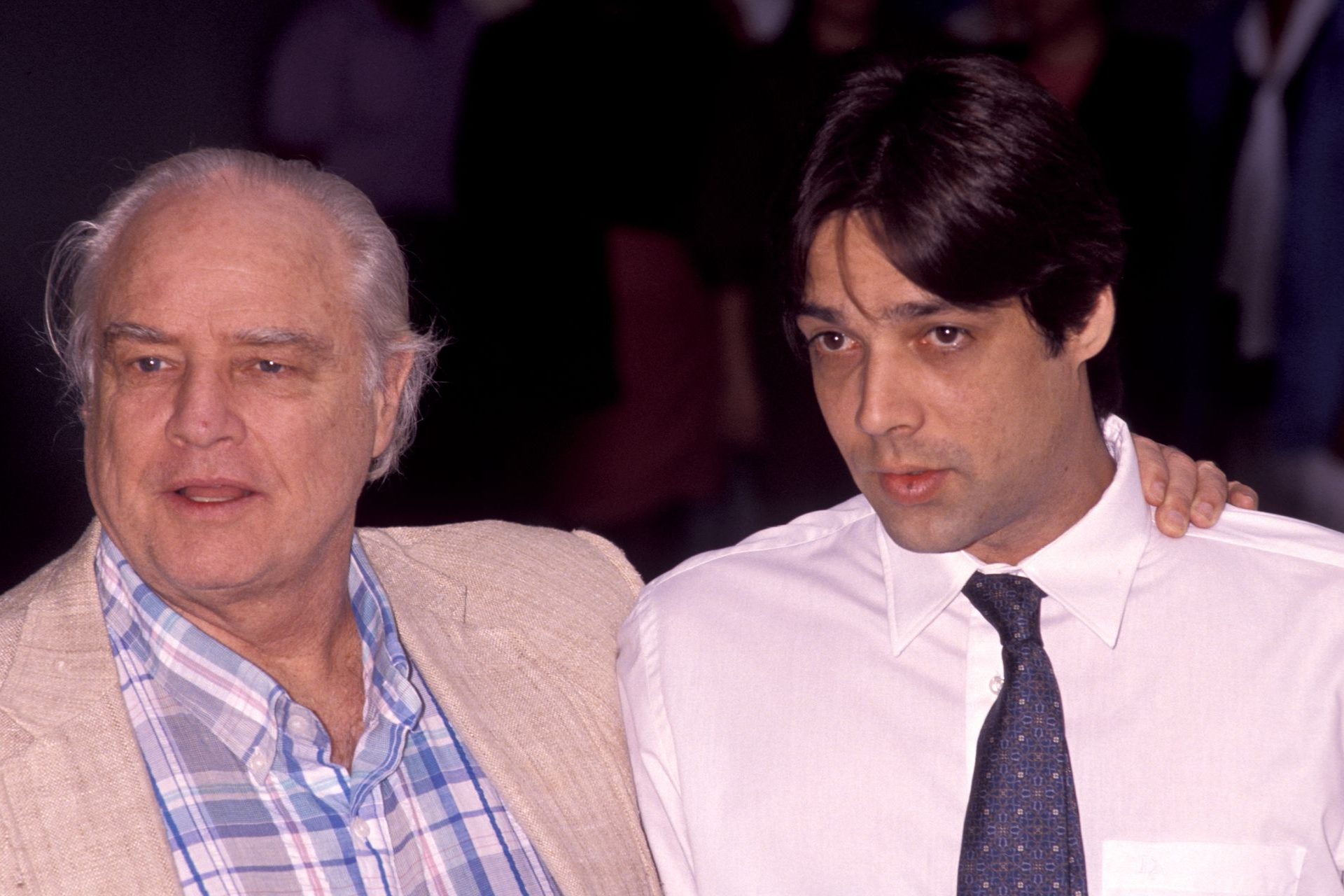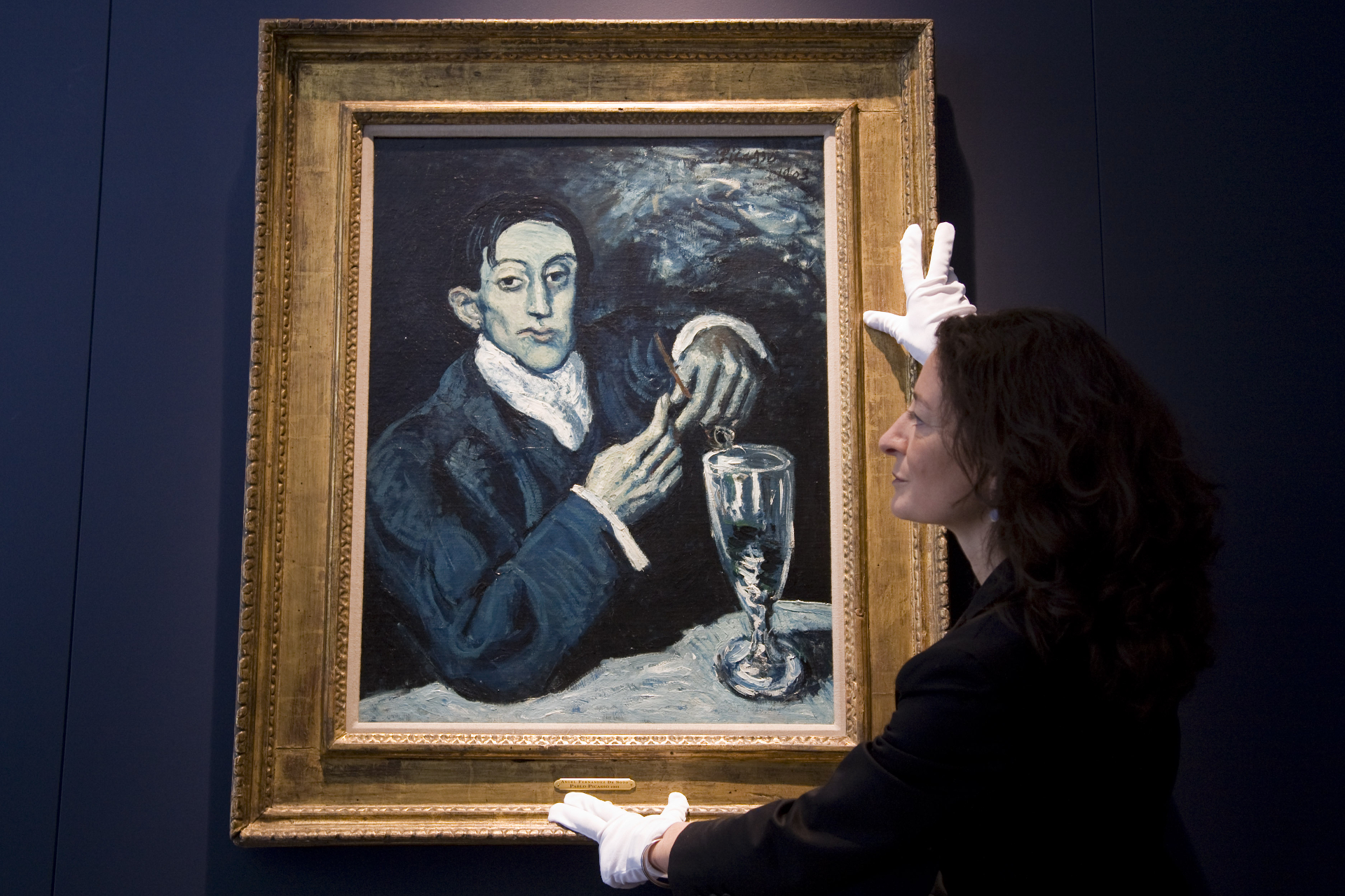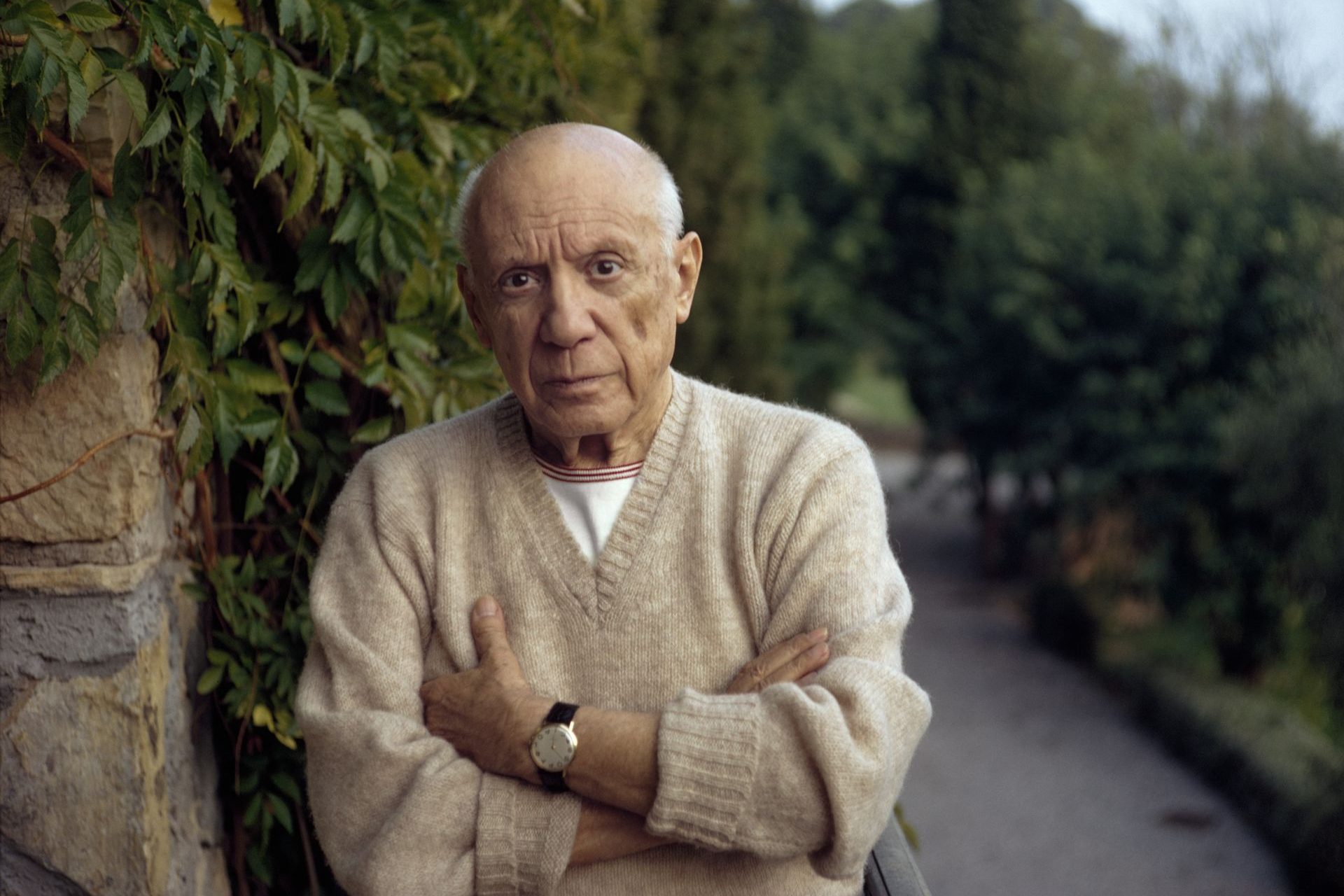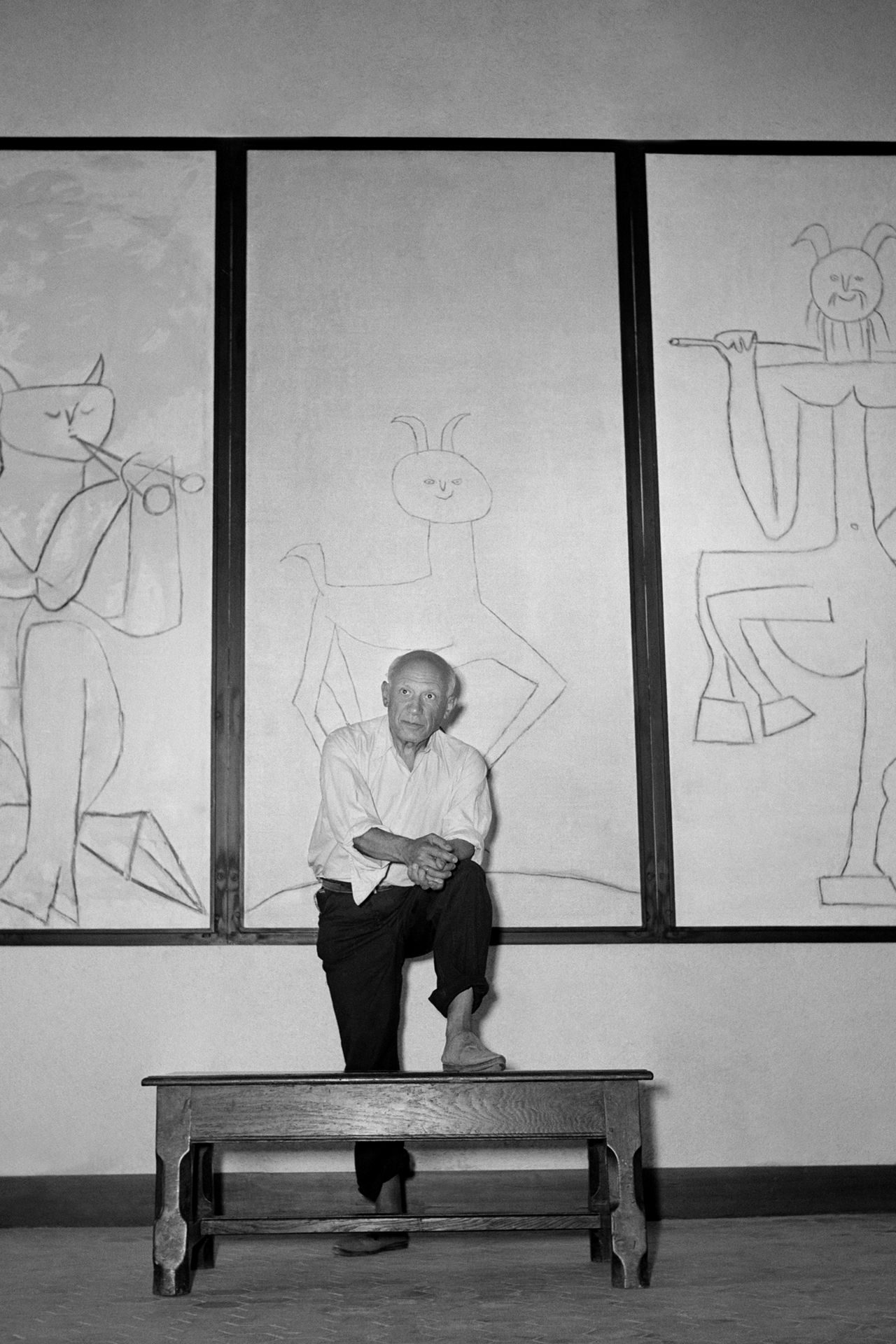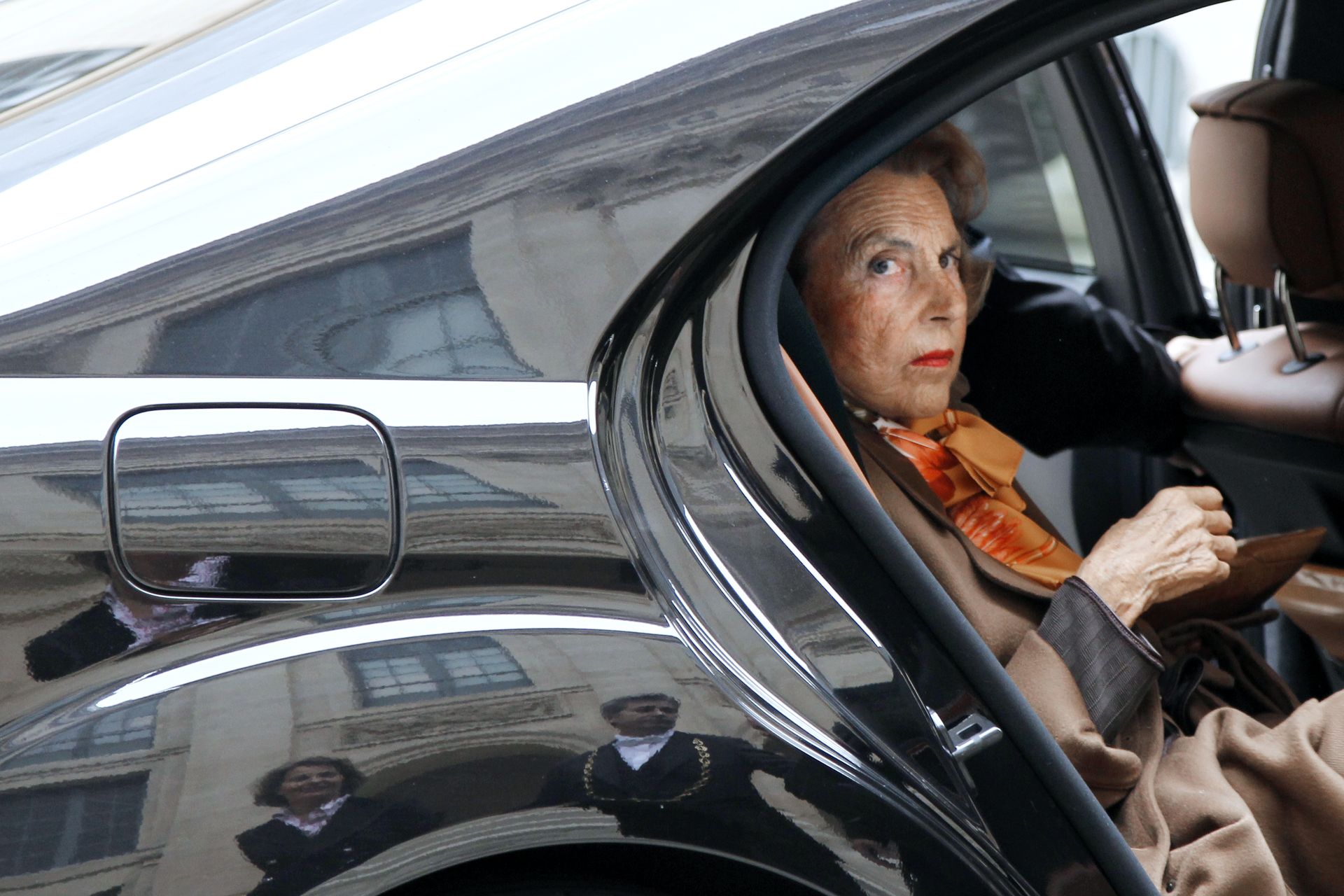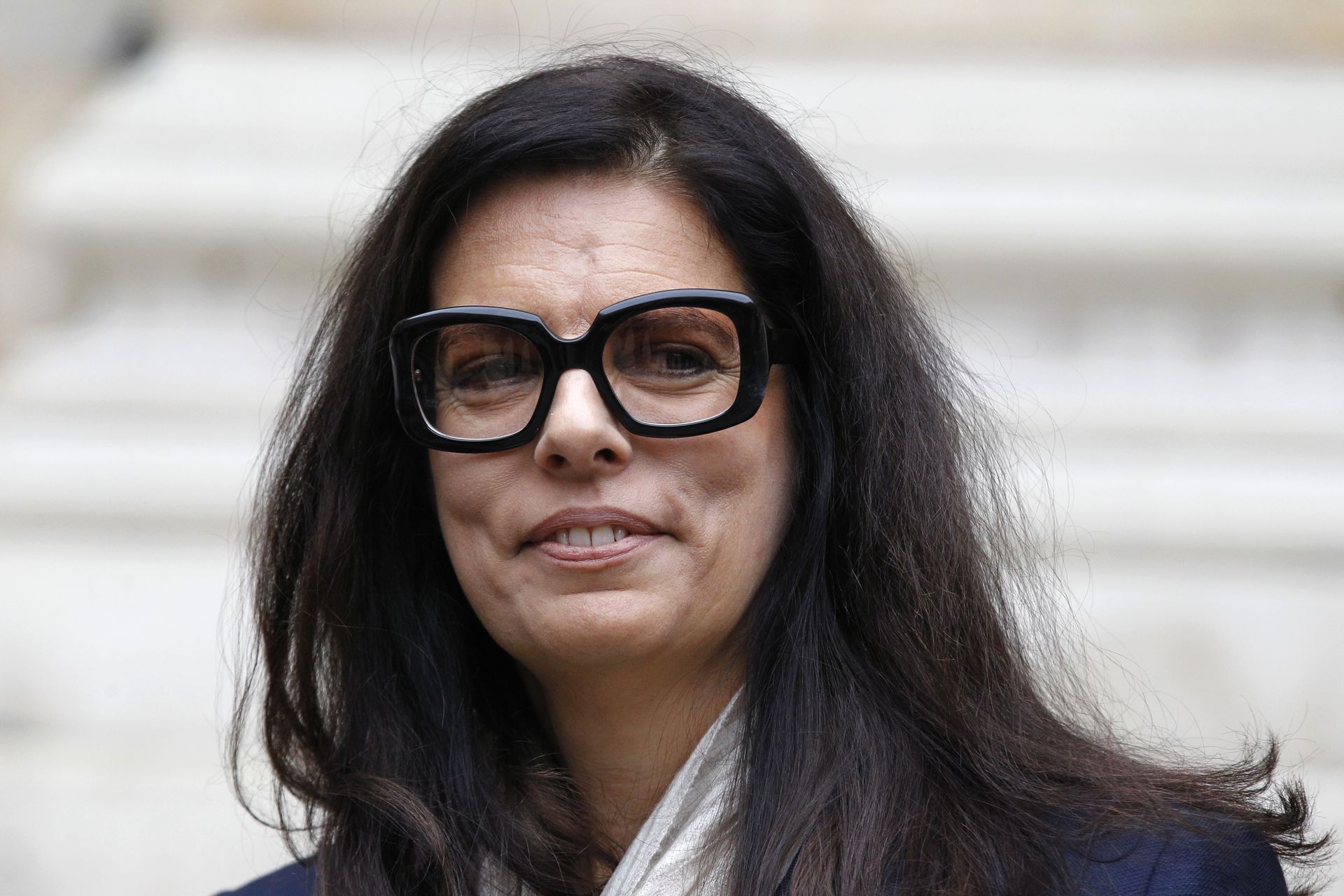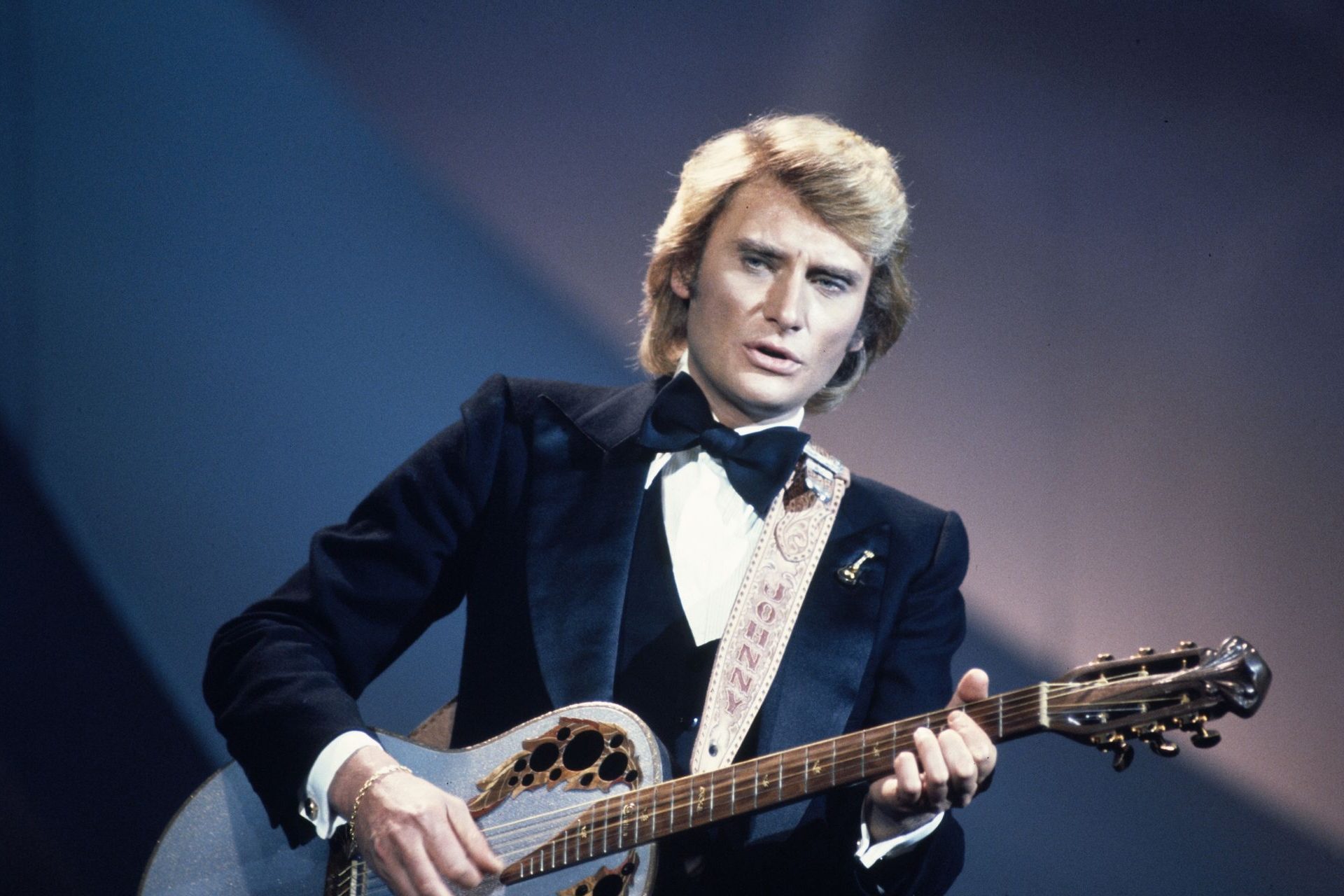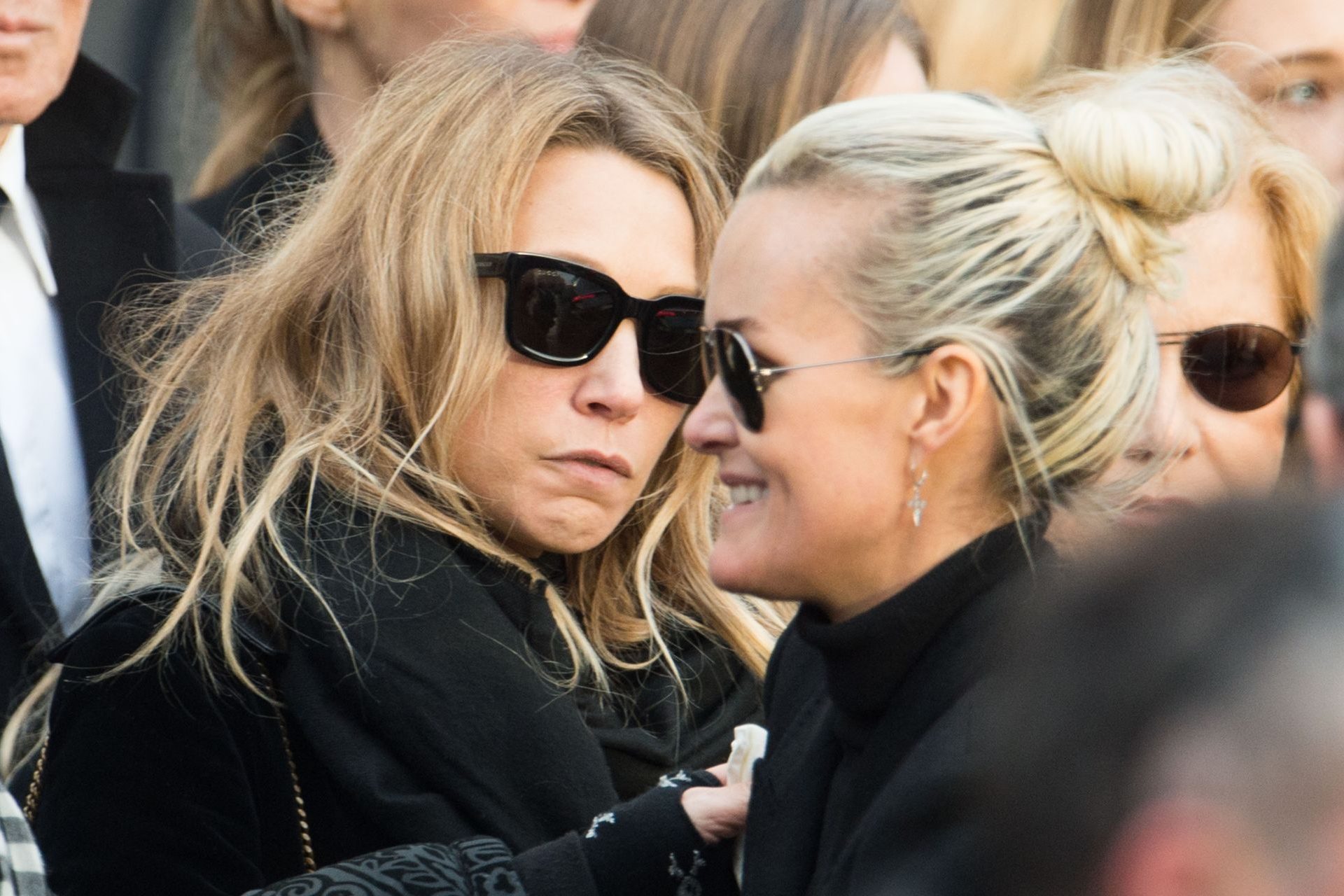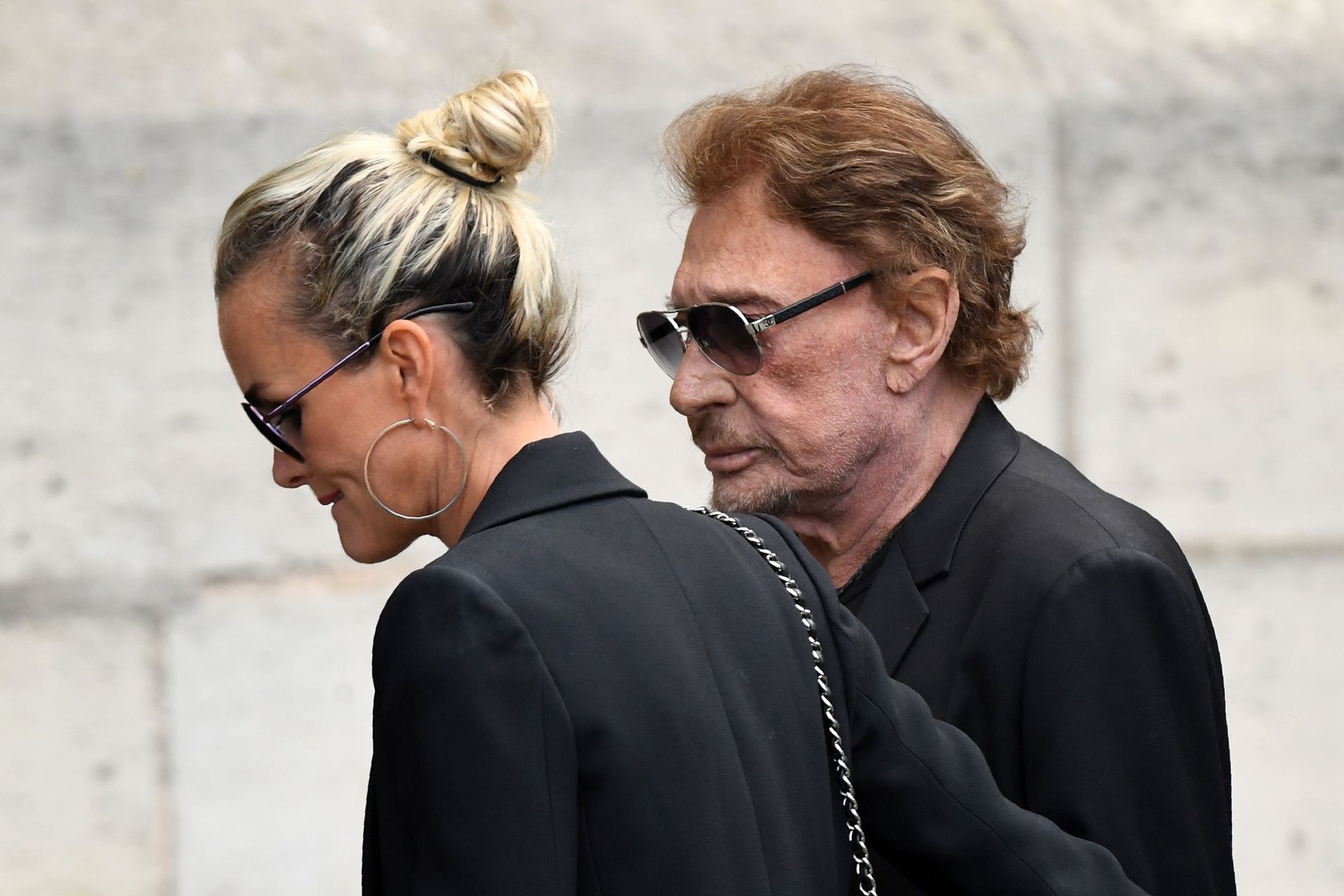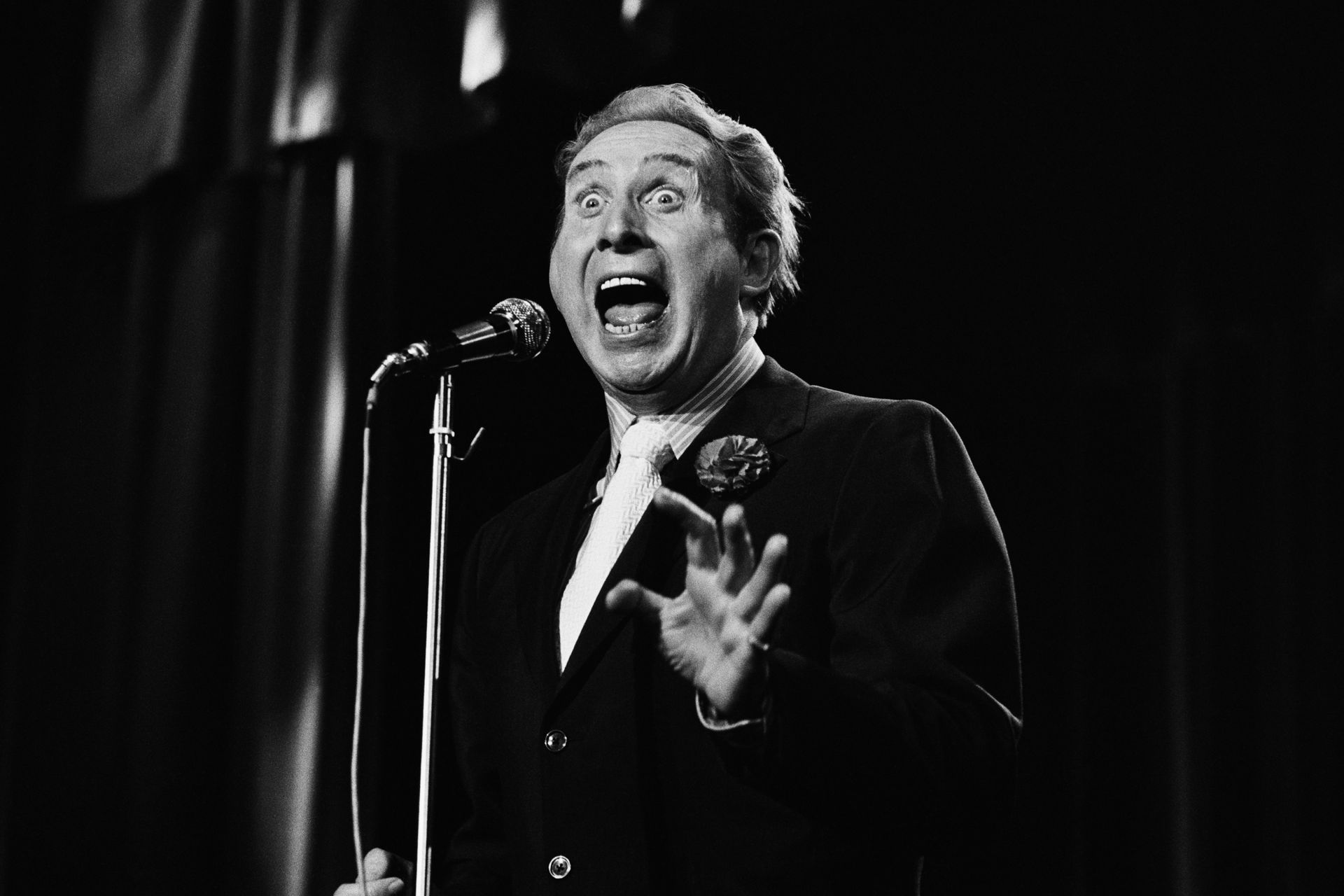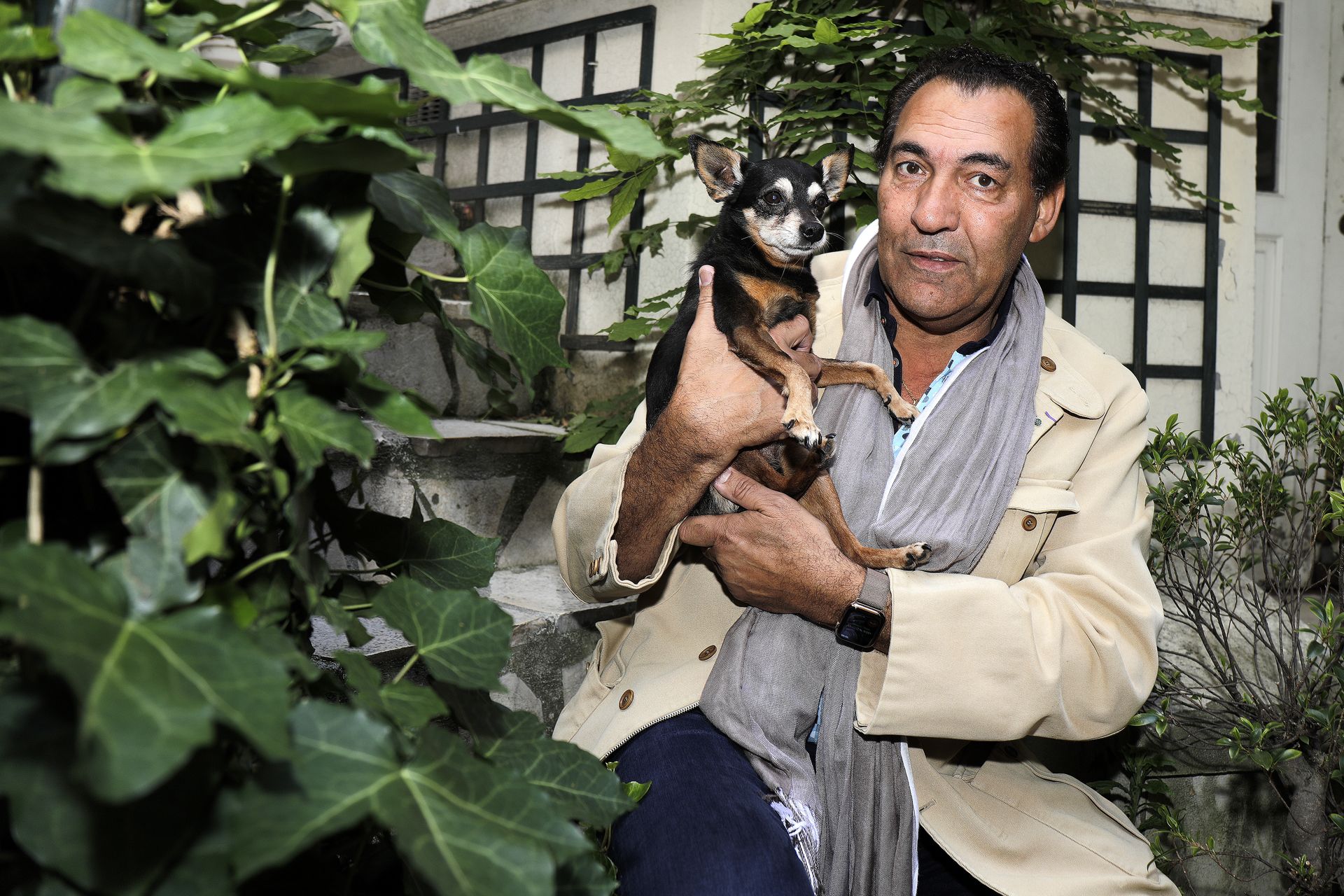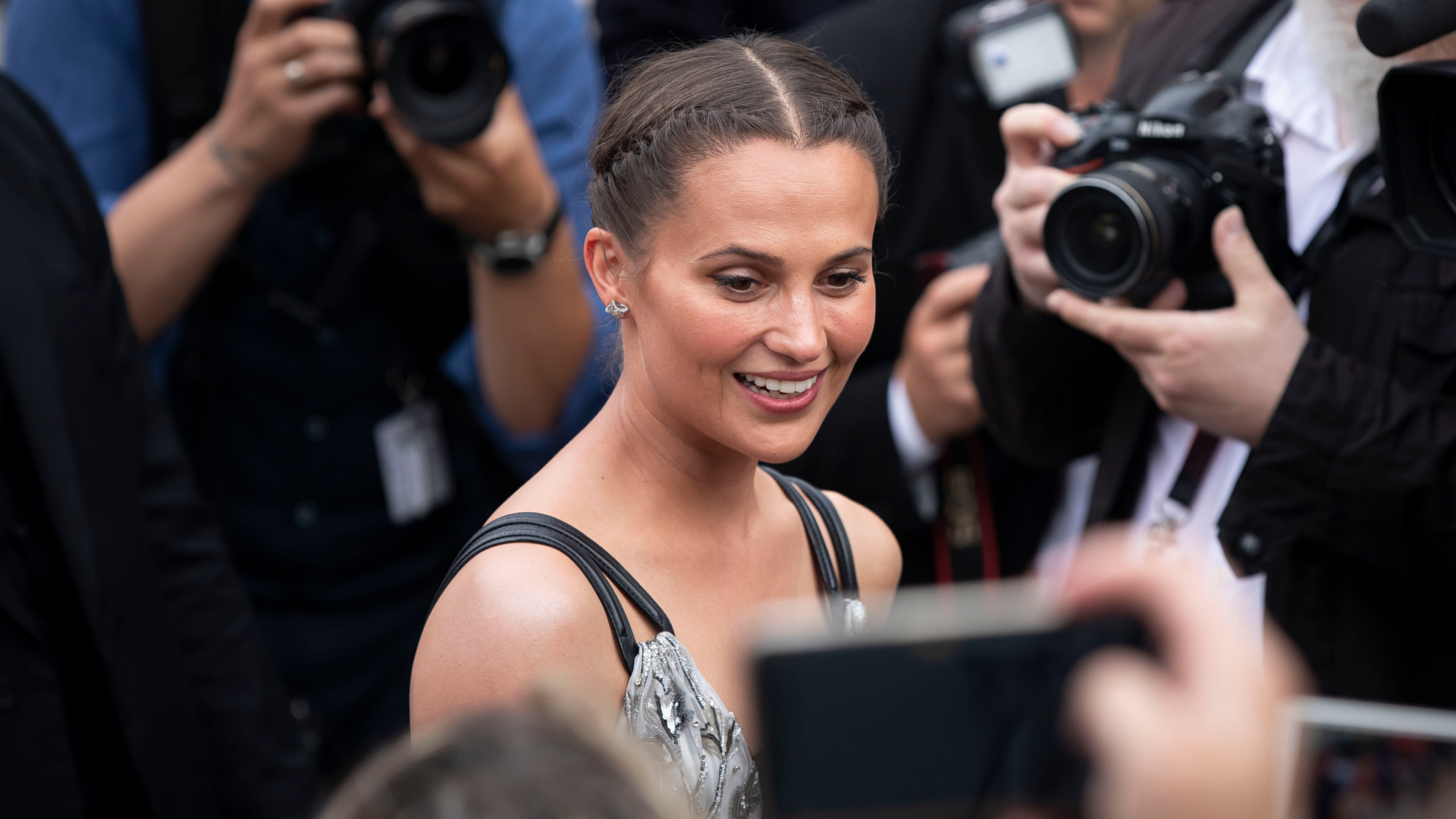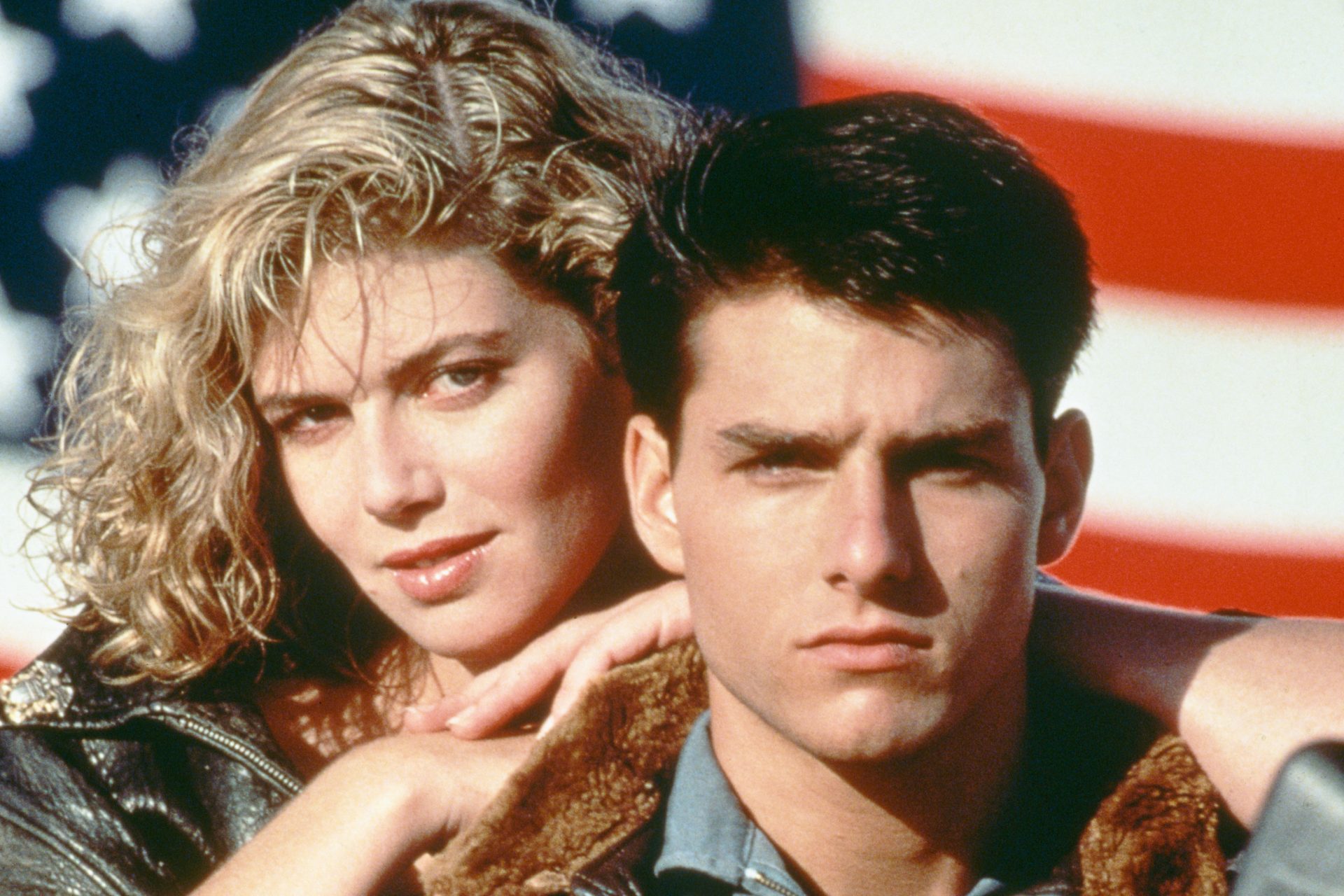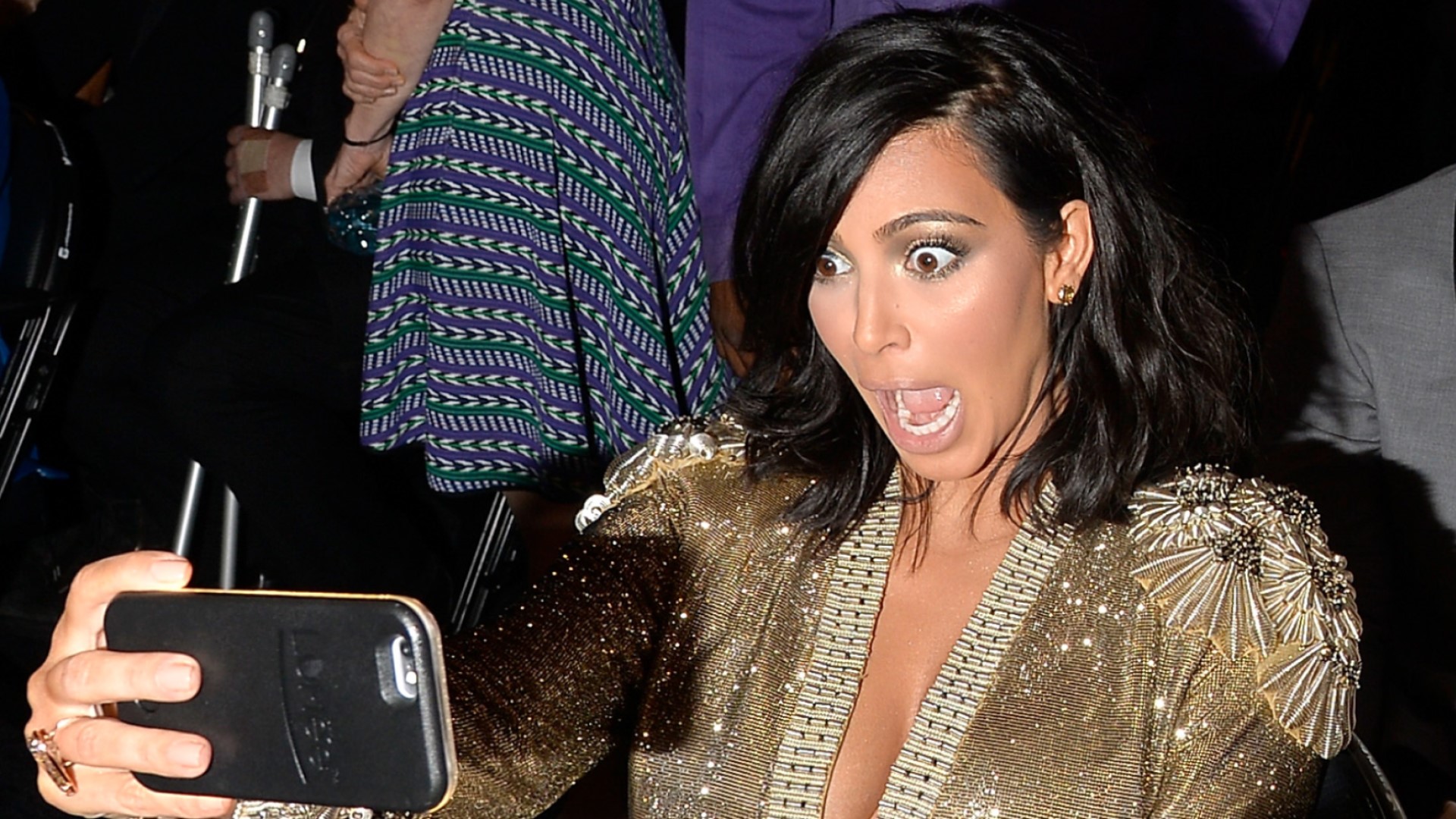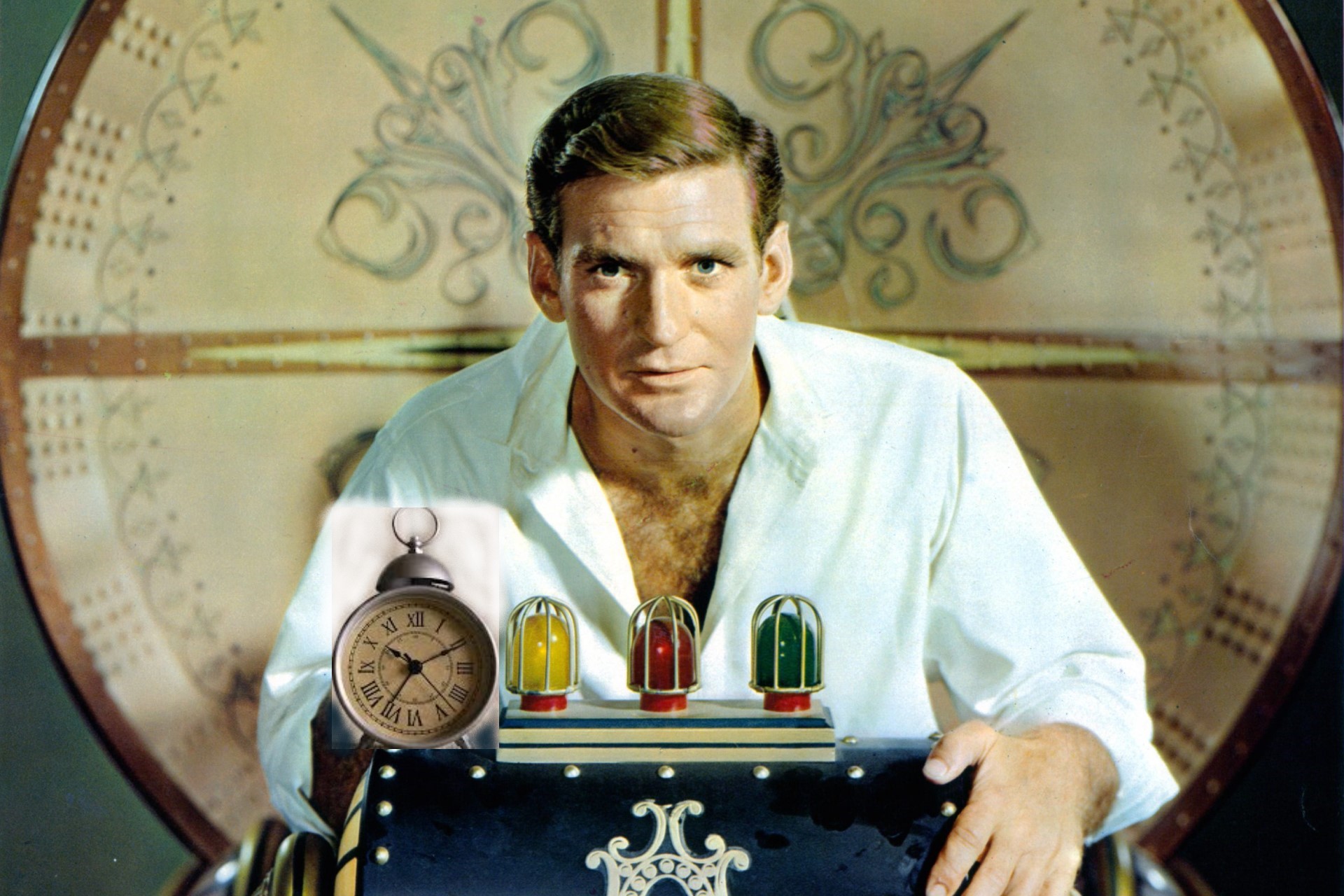These celebrity families fell apart over an inheritance
It is common to hear the phrase that 'money has no friends', and in these cases, it seems that money has no family either. Let's review some cases in which an inheritance caused serious conflict between relatives.
American actor Robin Williams ended his life in 2014, sparking a classic conflict over inheritance between, on the one hand, his last wife and, on the other, his children from previous relationships: Zachary, Zelda, and Cody.
It was planned that the fortune would go to the children and that Susan Schneider, the widow (photo), would stay in the actor's house and receive an annuity. The dispute involved valuable objects, such as Robin Williams's watches.
The talented singer died in July 2011, leaving the world in shock about her tragic and early departure. The controversy over her estate arose because she died without leaving a will.
It brought the singer's parents and her ex-husband Blake Fielder-Civil to court, as the latter sued to get part of the singer's fortune.
In the end, the estate of approximately 4.6 million dollars was passed to her father.
Having died in 1993, British actress Audrey Hepburn had planned to divide her considerable inheritance equally between her two sons, the half-brothers Sean and Luca. But as the details had not been specified, Sean challenged the division of property in court.
After a long battle in court, the two men finally reached an agreement. They sold everything at auction and each got half of the proceeds.
An absolute pop star when he died in 2009, Michael Jackson had colossal rights to his work to his credit, but also hundreds of millions of dollars in debt.
The star's will provided for the following distribution: 40% to be divided between his children, 40% to his mother Katherine, and 20% to charity. However, other members of his family tried in vain to challenge the validity of his last wishes.
As the father of 14 children from multiple affairs, Marlon Brando left an estate that promised to be difficult to divide. It was estimated at more than 20 million dollars when he died in 2004, including an atoll in Polynesia.
Many so-called heirs came forward, while at the same time, the actor excluded several of his children from the inheritance. The reasons he'd given were conflicts with former partners and uncertainty about his paternity of some of the children.
In 1973, the Spanish painter Pablo Picasso died without having signed a will. He left behind a great fortune, made up of, among other things, properties, original paintings, and property rights. The press called it "the inheritance of the century".
A man with a prolific entourage, Picasso left behind several former wives and children. The division of his fortune would last several decades, with a total of six different parties competing for the jackpot.
Paulo, the son he had with the Russian dancer Olga Khokhlova, and Jacqueline Roque, his last wife, were the two legal heirs of the artist's works. However, three other natural children were involved, as well as Paulo's own children. Things got more complicated when Paulo and his eldest son died shortly after the famous painter.
Heiress to the L'Oréal group and the richest woman in France, Liliane Bettencourt had left donations and gifts totaling nearly a billion euros in her will to socialite photographer François-Marie Banier. This greatly displeased her daughter, Françoise Bettencourt-Meyers.
Françoise took Banier to court for abuse of weakness as Liliane's faculties had been impaired at the end of her life. However, the heiress had already considered depriving her daughter of a share of the inheritance. In the end, the photographer was convicted and Françoise inherited one of the world's greatest fortunes.
Johnny Hallyday's will was only revealed after his death in 2017. He wanted to reserve his entire fortune for his wife Laeticia and their two adopted daughters, thus disinheriting his first two children, David Hallyday and Laura Smet.
The two eldest children challenged this decision in court, denouncing Laeticia's supposed control over their father. After a long legal battle, they finally reached an agreement in 2020.
The widow was able to retain the real estate assets, the exploitation of the artistic heritage, and the rights to Johnny's image. In return, she agreed to settle the musician's tax debt of more than 30 million euros.
In 2001, the French singer Charles Trenet died. He bequeathed his fortune to his private secretary and driver, Georges El Assidi, who had been at his service for more than twenty years. The inheritance included copyright.
In 2008, the half-sister and nephew of the 'Singing Madman' contested the succession, while Michel Paradis, a Canadian who presented himself as Trenet's hidden son, surfaced. Yet, the three were rejected by the courts as they confirmed the former employee as the rightful heir.
Follow Showbizz Daily to see the best photo galleries every day


